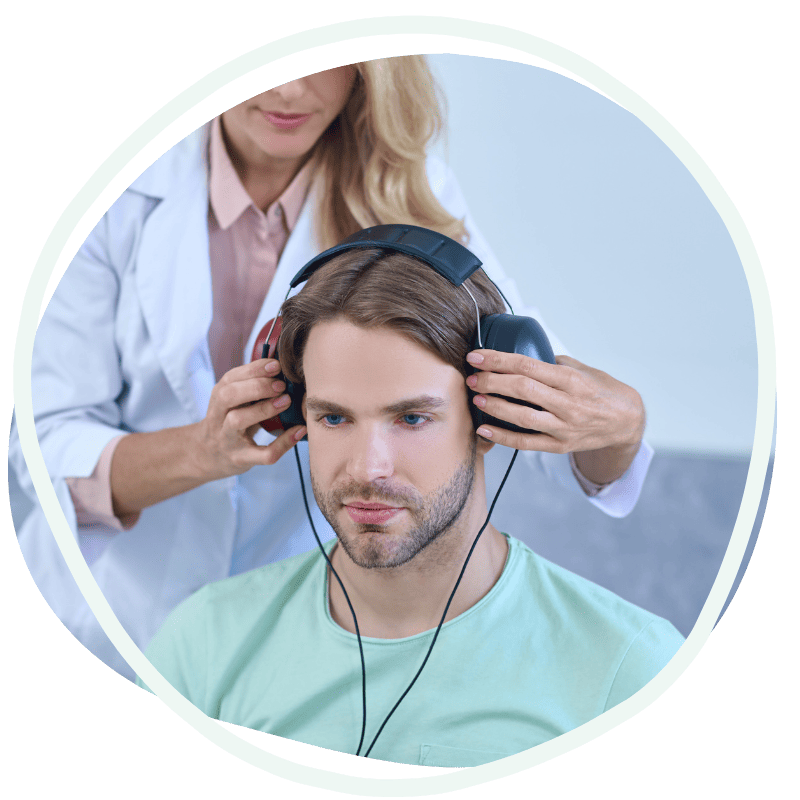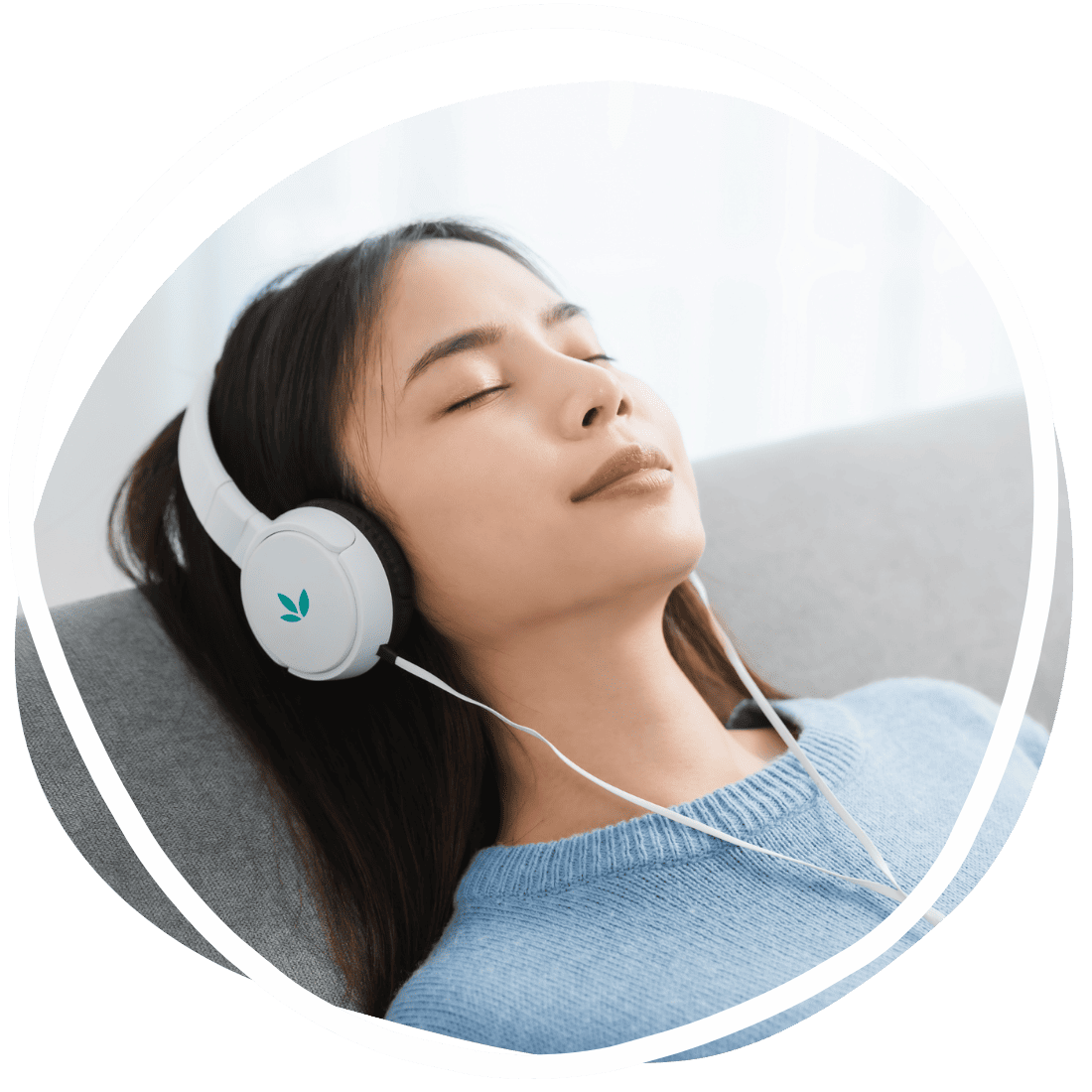Listening Therapy Programs for Anxiety in Children and Adults
Do you ever worry excessively? Feel tense, restless, agitated, have difficulty relaxing or falling asleep? You are not alone. Almost one in twenty adults in the United States will experience some form of anxiety this year. And it is reported that as many as 25 percent of 13 – 18 year-old teens may have mild to moderate anxiety.
Anxiety is a common mental health issue that affects both children and adults. It is characterized by excessive worry, fear, and nervousness, often leading to physical symptoms such as rapid heartbeat, sweating, and shortness of breath.

Children and Anxiety
The effects of anxiety can be seen in even very young children. Anxiety can manifest in various ways including separation anxiety, social anxiety, specific phobias, stomach aches, migraines or hives. Children may experience difficulty concentrating, restlessness, and avoidance of certain situations. It is important for parents and caregivers to recognize these symptoms and seek appropriate support for their child.
Adults and Anxiety
In adults, anxiety can have a significant impact on daily life. It can interfere with work productivity, relationships, and overall well-being. Common symptoms include persistent worrying thoughts, irritability, sleep disturbances, and muscle tension.
What causes anxiety?
The causes of anxiety are multifaceted and can vary from person to person. Factors such as genetics, brain chemistry imbalances, traumatic experiences or stressful life events can contribute to the development of anxiety disorders.
It is estimated that anxiety disorders affect around 18% of the adult population in the United States alone. This makes it one of the most prevalent mental health conditions.
Listening Therapy for Symptoms of Anxiety
Listening therapy has emerged as a promising approach to help alleviate symptoms of anxiety in both children and adults. This form of therapy utilizes specially designed music or sound frequencies to promote relaxation and reduce stress levels. By engaging the auditory system in a therapeutic manner, listening therapy aims to regulate emotions and improve overall well-being.
While listening therapy should not replace traditional forms of treatment such as counseling or medication when necessary; it can be used as a complementary tool to support individuals dealing with anxiety challenges.
Unyte Health: Listening Therapy to Support Anxiety
Safe and Sound Protocol (SSP)
For children and adults. Guide your clients to consistently feel more connected, in control and regulated.
Pioneered by Dr. Stephen Porges, and based on the Polyvagal Theory, the Safe and Sound Protocol (SSP) is an evidence-based listening therapy that helps shift the nervous system to be more present and regulated while improving client capacity for connection and receptivity to other therapies.
An imbalanced physiological state is a distinctive feature of anxiety. A non-invasive vagal nerve stimulator, the SSP restores composure by stabilizing the autonomic nervous system while enhancing social engagement and resilience by re-patterning the auditory and nervous systems for safety and connection.
Focus System
For children and adults. Improve brain and body organization, and emotional regulation. Used in a broad variety of practices such as Occupational Therapy, Speech Therapy, Physical Therapy, Autism and ADHD Specialities, and more.
A clinical intervention used to improve brain function through brain and body integration via multisensory input. It combines auditory, balance, and movement to create a foundation for learning, attention, processing and behavior.
People who are nervous, apprehensive or extremely anxious often say they feel out of their body, not grounded and not present in the here and now. It’s as if they are standing just outside themselves. Focus System music, coupled with bone conduction, brings a person home. They feel grounded, embodied and present. The first thing parents say about their child is, “my child is happier, gets over upsets more quickly and has a longer fuse.“






 © 2024 Unyte Health US Inc.
© 2024 Unyte Health US Inc.